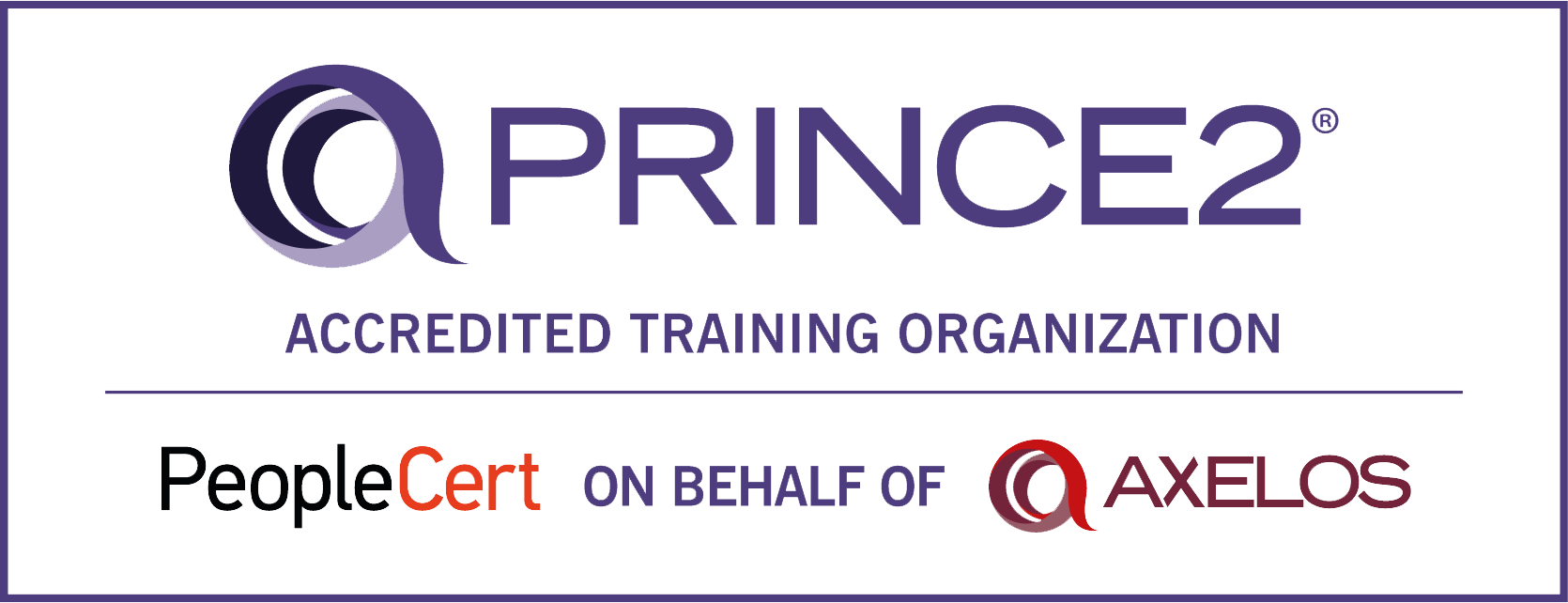Other Courses
SCR SCRUM
SCRUM Study training and certification inclusing classroom training and on-line exam.
Certificate
Content
SCRUM at present is fast becoming one of the most popular agile methodologies. It is an adaptive, iterative, fast, flexible, and effective methodology designed to deliver significant value quickly and throughout a project. Scrum ensures transparency in communication and creates an environment of collective accountability and continuous progress. The Scrum framework, as defined in the SBOK™ Guide, is structured in such a way that it supports product and service development in all types of industries and in any type of project, irrespective of its complexity.
A key strength of Scrum lies in its use of cross-functional, self-organized, and empowered teams who divide their work into short, concentrated work cycles called Sprints.
Traditional project management emphasizes on conducting detailed upfront planning for the project with emphasis on fixing the scope, cost and schedule - and managing those parameters. Whereas, Scrum encourages data-based, iterative decision making in which the primary focus is on delivering products that satisfy customer requirements.
To deliver the greatest amount of value in the shortest amount of time, Scrum promotes prioritization and Time-boxing over fixing the scope, cost and schedule of a project. An important feature of Scrum is self-organization, which allows the individuals who are actually doing the work to estimate and take ownership of the tasks.
What you can expect from scrum
Based on the industry standard of Scrum - A Guide to Scrum Body of Knowledge (SBOK™ Guide), some of the key benefits of using Scrum in any given project are:
- Adaptability - Empirical process control and iterative delivery make projects adaptable and open to incorporating change.
- Transparency - All information radiators like a Scrumboard and Sprint Burndown Chart are shared, leading to an open work environment.
- Continuous Feedback - Continuous feedback is provided through the Conduct Daily Standup, Demonstrate and Validate Sprint processes.
- Continuous Improvement - The deliverables are improved progressively Sprint by Sprint, through the Groom Prioritized Product Backlog process.
- Continuous Delivery of Value - Iterative processes enable the continuous delivery of value through the Ship Deliverables process as frequently as the customer requires.
- Sustainable Pace - Scrum processes are designed such that the people involved can work at a sustainable pace that they can, in theory, continue indefinitely.
- Early Delivery of High Value - The Create Prioritized Product Backlog process ensures that the highest value requirements of the customer are satisfied first.
- Efficient Development Process - Time-boxing and minimizing non-essential work leads to higher efficiency levels.
- Motivation - The Conduct Daily Standup and Retrospect Sprint processes lead to greater levels of motivation among employees.
- Faster Problem Resolution - Collaboration and colocation of cross-functional teams lead to faster problem solving
- Effective Deliverables - The Create Prioritized Product Backlog process and regular reviews after creating deliverables ensures effective deliverables to the customer.
- Customer Centric - Emphasis on business value and having a collaborative approach to stakeholders ensures a customer-oriented framework.
- High Trust Environment - Conduct Daily Standup and Retrospect Sprint processes promote transparency and collaboration, leading to a high trust work environment ensuring low friction among employees.
- Collective Ownership - The Approve, Estimate, and Commit User Stories process allows team members to take ownership of the project and their work leading to better quality.
- High Velocity - A collaborative framework enables highly skilled cross-functional teams to achieve their full potential and high velocity.
- Innovative Environment - The Retrospect Sprint and Retrospect Project processes create an environment of introspection, learning, and adaptability leading to an innovative and creative work environment.
Price (without VAT)
Course price SCR SCRUM is 490 € without VAT (588 € with VAT). lorem ipsum


